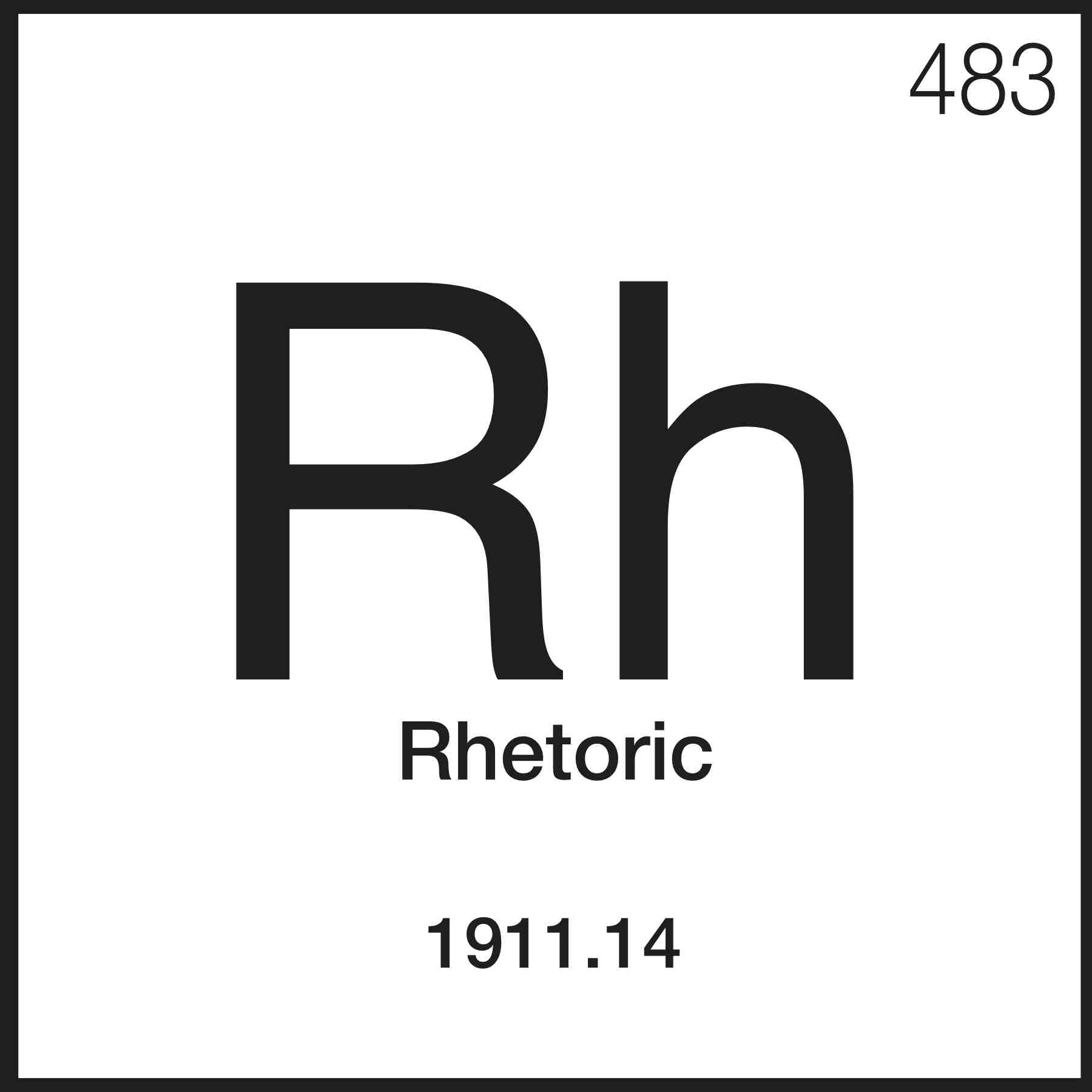
• Cigarette smoke causes lung cancer.
• Massive sulfur emissions, primarily released from power plants, are causing acid rain.
• The CFCs we put in aerosol cans, air-conditioners, and refrigerators are depleting the ozone layer.
• Humans are causing global warming.
• Voldemort is back.
What do the phrases have in common? No one wants to hear them. No one wants to hear that their activities are harming themselves or the planet. No one wants to hear that the dark lord of the wizarding world is coming to create a pure blood society.
If you believe these facts (save Voldemort’s return), then you feel guilty until you change what you are doing. If you hear even one little whisper that the fact might not really be a fact at all, then you can cling to that whisper and carry on with your life, guilt-free and change-free.
The Freds (Fred Singer and Fred Seitz) knew about this flaw humans have. Naomi Oreskes and Erik Conway tracked their careers and they’ve been working in the industry of doubt for a while. They started when smoking cigarettes was still advertised as “healthy” and tried their best to keep it that way. The truth eventually won out, but the Freds did slow down the progress.
Undeterred that their previous claims on cigarettes had been proven false, they worked their way through the years to cast doubt on disarmament, acid rain, the ozone hole, secondhand smoke, and then global warming. As long as some scientist could deny that these harms were occurring, politicians and mass media could still claim “debate.”
So why did these two physicists make these claims on issues that were outside of their expertise again and again even after they were proven wrong each time? “Our product/ byproduct harms people” is not a great slogan. This means decrease in revenue and increased government restrictions; this change means money. A lot more money than it takes to fund the Freds and their friends to take your side.
So these Freds, they worked on writing their own reports, slandering other scientists, and talking to politicians. Most recently, they worked to keep the “climate change debate” alive and well. F. Seitz is now dead but F. Singer still writes the occasional opinion piece dismissing global warming. Their business has become something much larger; people in power now realize just how valuable doubt is in slowing, even halting, a response to climate change. More than 97% of scientists believe that humans have caused climate change and our earth is warming. Yet, in 2010, WorldPublicOpinion.org surveyed Americans of voting age and found that almost half (45%) of them think most scientists do not agree that climate change is occurring.
Corporations are using media outlets to trick us into believing that climate change is something that the scientific community is unsure about. They present the facts like there are two equal sides, when there aren’t. Presenting two opinions makes sense when debating politics, but it doesn’t transfer well to science. In the scientific world, uncertainty about an issue requires more research, not a debate.
John Oliver has a better way of representing this debate in the media; have a televised debate with 3 climate change skeptics and 97 climate scientists who say humans are the cause of climate change.
[youtube_sc url=”https://www.youtube.com/watch?v=cjuGCJJUGsg”]
So what I’m proposing is change in how the media feeds us, and how we swallow their message. We need to demand the unpleasant truth. It’s not fun. We don’t want to cut emissions and spend money and pass new regulations. We don’t want to acknowledge that Voldemort is back because it’s so much nicer to pretend he isn’t.
But no matter how much we pretend, the climate has changed and it’s getting worse. We put too much carbon dioxide into the atmosphere. Now we have to collectively toughen up and deal with climate change head on.









